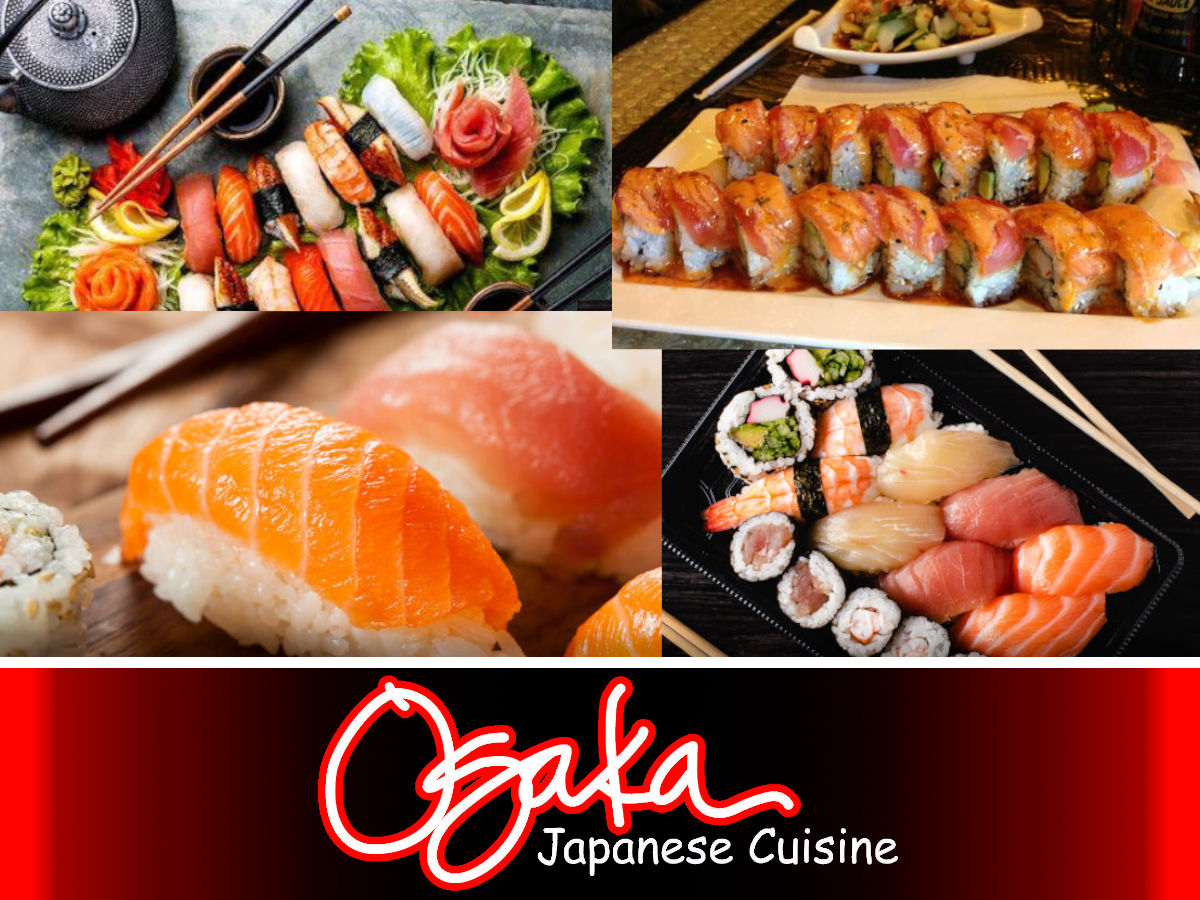Who are Food Scientists & what do they do?

“A person who knows food, you must know them.”
Launching an exclusive product in this competitive food and beverage market is no longer a cinch. You must understand the taste, budget, and other customer requirements to make it happen. To ensure your resources, energy, and time are spent on sustainable products, you need to look for professionals who know the following:
- Trend, taste & requirements of customers
- Standard nutritional value
- Balancing budget
- Knowledge of Ingredients and many more
To grow your brand in this industry, a food consultant company can help your product with the market gap, customer requirements, financial perspective, and long-term growth spectrum. They blend science, chemistry, physics, and engineering in the frame of flavors and nutritional values. Let us explore who they are and what they do.
Key Responsibilities of Consultants
Professionals in this field have a wide range of responsibilities in the industry. From product development to quality control, these professionals are indispensable in delivering safe and nutritious options to consumers. A food science consultant company often relies on these specialists to assist in creating innovative items and streamlining manufacturing processes. Their duties include research, innovation, and establishing stringent protocols to ensure the integrity of consumable items. Below are some essential roles they undertake:
Product Development
A core aspect of their job involves creating new consumables. They test various ingredients, textures, and flavors to design offerings that meet consumer demand while balancing nutrition, taste, and cost-effectiveness.
Nutritional Analysis
Another essential duty is ensuring that items meet dietary requirements. Specialists assess the content of macro and micronutrients, ensuring that items taste good and provide balanced nutrition. By carefully calculating the presence of vitamins, proteins, and fats, they contribute to healthier alternatives.
Quality Assurance
Maintaining a high level of integrity is one of the primary concerns in any production process. Food science consultants design and enforce systems to minimize the risk of contamination or spoilage, ensuring that products remain safe throughout manufacturing, storage, and transportation. They also establish consistent standards to guarantee quality across different batches.
Consumer Trends
According to data, the food market is expected to show a volume growth of 1.8% in 2025, and the beverage market in the US is projected to grow by 1.09%. But it doesn’t increase your product’s growth scope as long as market preferences constantly change. Experts you choose must stay ahead of these shifts. Whether it’s a growing demand for healthier or more sustainable options, they must continually adjust their research and development efforts.
Regulatory Hurdles
Different regions often have varying safety and labeling requirements, making it challenging for companies to launch items across multiple markets. They must ensure compliance with a wide range of rules and regulations. For instance, some countries may mandate specific nutritional labeling, allergen disclosures, or packaging materials, while others have stringent safety testing protocols.
Failure to comply with these regulations can result in product recalls, fines, or bans, causing significant financial and reputational damage. Therefore, companies often need to work closely with legal experts and regulatory bodies to navigate the complexities of international food laws and ensure their products meet local standards.
Ingredient Sourcing
Finding ingredients that meet the required standards while staying within budget can be a significant obstacle. This is especially true when sourcing unique or sustainable materials that may be limited. Companies often face challenges in verifying the quality and authenticity of ingredients, especially when sourcing from international suppliers.
Additionally, fluctuating prices, seasonal availability, and transportation issues can complicate the procurement process. To mitigate these risks, businesses must establish strong supplier relationships, conduct regular audits, and diversify their sourcing strategies to ensure a steady and cost-effective supply of ingredients.
Shelf-Life Extension
Another key responsibility in international food product development is developing methods to extend consumables’ life without sacrificing quality. This is a crucial strategy to minimize waste and increase profitability, particularly for products distributed over long distances.
Techniques like modified atmosphere packaging (MAP), preservatives, or natural antioxidants are commonly used to extend shelf life while maintaining product freshness. However, balancing shelf life with consumer preferences for natural, preservative-free products presents a challenge. Extended shelf life can also reduce logistical costs by allowing products to stay longer in warehouses or store shelves, giving businesses more flexibility in distribution and sales strategies.
Innovation
Experts in this field are often responsible for some of today’s most groundbreaking consumable developments. From plant-based alternatives to fortified snacks, they push the boundaries of innovation by exploring alternative ingredients and preservation methods that align with modern consumer preferences.
Conclusion
The role of these experts goes beyond merely understanding how ingredients interact. Their work spans research, development, and quality assurance, contributing to every stage of bringing consumable goods to market. Without the specialized knowledge provided by a food development consultant company, businesses would face significant challenges in meeting consumer demand and regulatory requirements. These experts ensure that items are safe, nutritious, and innovative while adhering to the ever-evolving industry trends and challenges.





